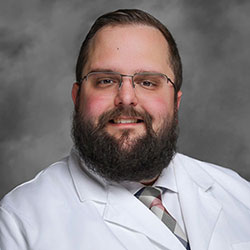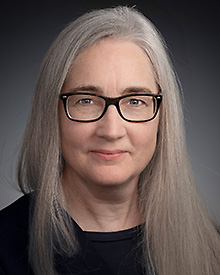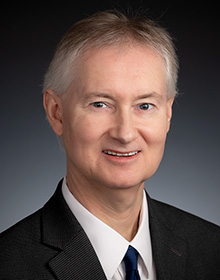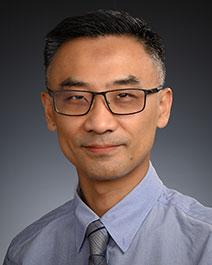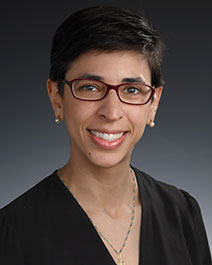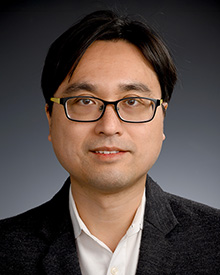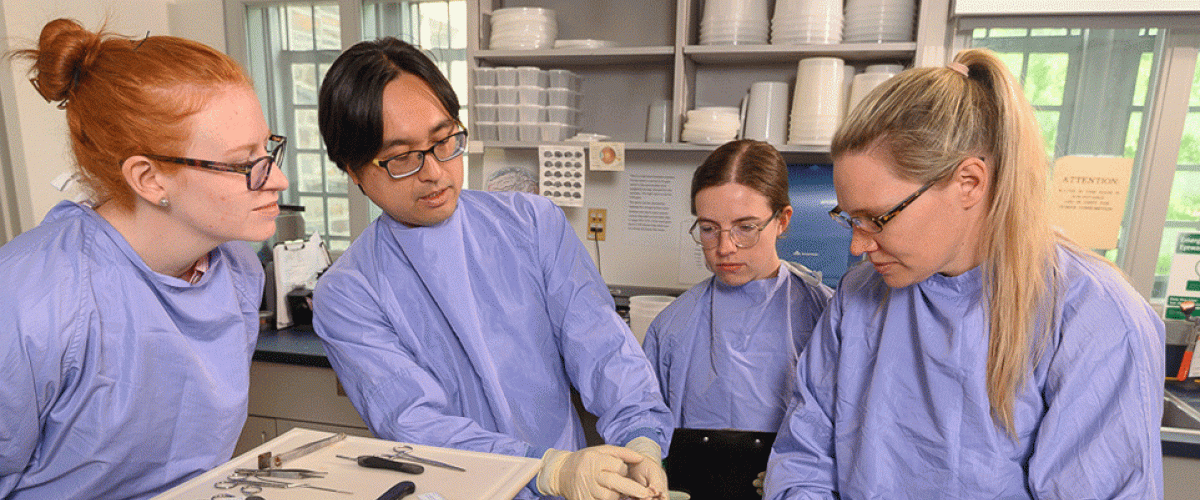
The Duke Neuropathology Fellowship Program is an ACGME-accredited two-year fellowship that provides eligibility for American Board of Pathology certification in Neuropathology. Our program aims to graduate future leaders and innovators in Neuropathology diagnostics, research, teaching, and patient-centered care. This is an academic fellowship program with high expectations for diagnostic, teaching and research achievement, and the flexibility to design your own educational program.
Program Features
- Participation in a high-volume, high-complexity diagnostic neuropathology practice
- Faculty expertise in surgical and autopsy neuropathology, muscle and nerve pathology, surgical and autopsy ophthalmic pathology, neurodegenerative disorders, and molecular diagnostics
- Meaningful graduated responsibility: senior NP fellows render frozen section diagnoses independently, with indirect attending supervision
- Training in molecular, enzyme histochemical, and ultrastructural diagnostics
- Formal off-campus rotation in molecular diagnostics at Foundation Medicine
- Involvement in brain bank and clinical laboratory management
- Opportunities to lead interspecialty clinicopathologic conferences and tumor boards
- Teach medical students, residents and fellows in pathology, neurosurgery, neurology, rheumatology, and ophthalmology
- 6-12 months of the NP fellowship are scheduled for research in basic/applied neuroscience
- Funding is provided for academic publication and attendance at academic conferences
Requirements
Applicants must be board-certified or board-eligible in Anatomic Pathology.
Types and Number of Appointments
One fellow is accepted each academic year, with 2 fellows (one senior, one junior) training each year
Stipends
Commensurate with year of post graduate training.
Eligibility Requirements
Applicants must have completed an ACGME-accredited pathology residency program and be Board Certified or eligible in AP/CP or AP.
Selective Service System Registration:
- All male applicants (as determined by gender assigned at birth for purposes of this requirement) who are US citizens or immigrants must have registered with the Selective Service System within 30 days of their 18th birthday, or arrival date into the USA. Individuals are eligible to register until the age of 26. Failure to register is a violation of federal law, and can face significant penalties, including loss of eligibility for citizenship for immigrants. Individuals who have not registered are not eligible for a variety of benefits including federal student aid, federal job training, and any job in the Executive Branch of the government (e.g. VA, Medicare, federal prisons), and are not allowed to work in federal facilities even as a resident or fellow.
- Most Duke GME programs require rotations at federal facilities such as VA hospitals or prisons. All trainees in those programs must be eligible to work at those facilities. All applicants should ensure that they have registered for the Selective Service System if appropriate. If they have not registered, they should discuss this with their potential program director. Additional details can be found at https://www.sss.gov.
How to Apply
Please submit the following documents:
- Duke Neuropathology Fellowship Program Application with signature (Click here for application)
- Personal statement
- Curriculum Vitae
- Cover Letter
- ECFMG certificate (if applicable)
- Copies of USMLE/COMLEX transcripts
- Three letters of recommendation addressed to Dr. Karra Jones (including one from your residency Program Director)
Email your package to Program Coordinator Brittany Harris.
Staff
Karra Jones, MD, PhD, program director, section head of Muscle and Nerve Pathology, Neuromuscular and Peripheral Nervous System Pathology, Surgical Neuropathology, Autopsy Neuropathology, Muscular dystrophy and Myopathy Research. Director of our Electron Microscopy and Immunochemistry Laboratory (EM/ICL).
Anne F Buckley, MD, PhD, former program director, Neurodevelopment and Neuro-oncogenesis Research, Neuromuscular and Peripheral Nervous System Pathology, Surgical Neuropathology, Autopsy Neuropathology, Ultrastructural Pathology, Medical and Transplant Renal Pathology
Thomas J Cummings, MD, division chief, Surgical Neuropathology, Ophthalmic Pathology, Orthopedic Pathology
Yang Liu, MD, assistant professor of pathology, joined Duke in November 2024. Prior to joining Duke, he was an assistant professor at the Department of Pathology & Laboratory Medicine at Albany Med Health System, where he also served as the director of neuropathology service and autopsy service. His clinical interests include bone and soft tissue pathology, head and neck pathology, and thoracic pathology.
Giselle López, MD, PhD, Surgical Neuropathology, Autopsy Neuropathology, Brain Tumor Research
Shih-Hsiu Jerry Wang, MD, PhD, Surgical Neuropathology, associate director of Autopsy Pathology, Neurodegenerative Disorders, Duke/UNC Alzheimer’s Disease Research Center (ADRC) Neuropathology Core Leader, Director, Bryan Brain Bank and Biorepository
Applications
Current Fellows
Faculty
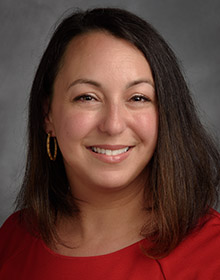
Karra Jones, MD, PhD
Program Director
Email
Where are they now? Prior fellows & their current positions:
Gregory Chamberlin, MD, 2022-2024: Surgical Pathology Fellow at University of North Carolina at Chapel Hill School of Medicine Department of Pathology
Vanessa Smith, MD, 2021-2023: Neuropathology and Molecular Pathology as Assistant Professor or Pathology at University of Virginia School of Medicine
Patricia Pittman, MD, 2019-2021: Neuropathologist and oncologic pathologist at Caris Life Sciences
Janice Ahn, MD, 2018-2020: Neuropathologist at Allegheny General Hospital
William Harrison, MD, 2017-2019: Neuropathologist and assistant professor of Pathology at Wake Forest University School of Medicine

